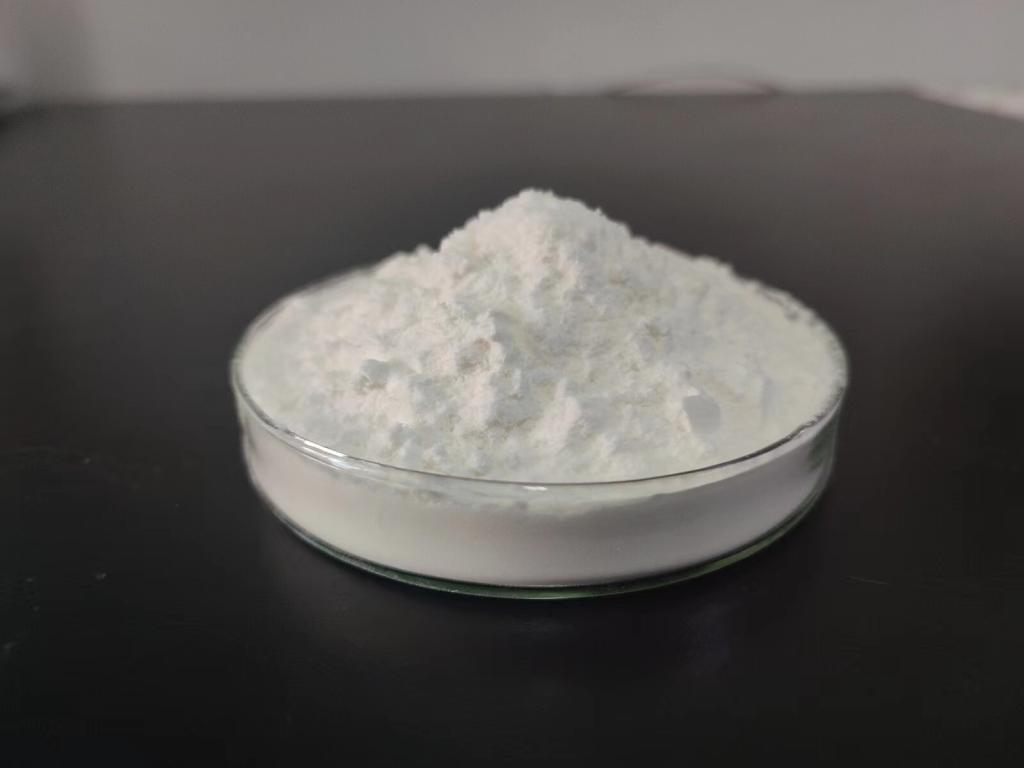Tel:0086 18231198596

News
ε-Polylysine Hydrochloride: Innovations in Beverage Preservation.
TIME:2023-09-01
The Need for Beverage Preservation
Beverages, both alcoholic and non-alcoholic, are consumed widely across the globe. From fruit juices to carbonated drinks and even alcoholic beverages, the variety is immense. However, the inherent nature of these products makes them susceptible to microbial growth, spoilage, and quality degradation over time. This presents a challenge for manufacturers to maintain the desired taste, aroma, and visual appeal of beverages throughout their shelf life.
Introducing ε-Polylysine Hydrochloride
ε-Polylysine Hydrochloride, often referred to as ε-PL, is a naturally occurring antimicrobial agent derived from bacterial fermentation. It is a cationic homopolymer of the amino acid lysine, which imparts its preservative properties. ε-PL has gained attention for its ability to inhibit the growth of a wide range of microorganisms, including bacteria, yeasts, and molds. This makes it an effective tool in extending the shelf life of various food and beverage products, including beverages.
Benefits of ε-Polylysine Hydrochloride in Beverage Preservation
Microbial Control: One of the primary benefits of ε-PL is its strong antimicrobial activity. It targets the cell walls and membranes of microorganisms, disrupting their structure and function. This prevents microbial growth and proliferation in beverages, thus enhancing their shelf life and safety.
Natural Origin: Consumers are increasingly seeking natural and clean-label products. ε-PL aligns with this trend as it is derived from natural sources, making it a desirable preservative option for manufacturers aiming to meet consumer demands.
Versatility: ε-PL can be used across a wide range of beverage types, including juices, dairy-based beverages, soft drinks, and even alcoholic beverages. Its versatility makes it a suitable choice for various product formulations.
Heat Stability: Unlike some traditional preservatives, ε-PL remains stable at high temperatures, making it suitable for beverages that undergo pasteurization or other heat treatment processes during manufacturing.
Flavor and Aroma Preservation: The use of ε-PL helps maintain the original flavor and aroma profiles of beverages, ensuring that consumers experience the intended taste sensation even after prolonged storage.
Applications in the Beverage Industry
The application of ε-Polylysine Hydrochloride in the beverage industry is widespread, with manufacturers incorporating it into their production processes to achieve longer shelf lives and higher product quality. Some notable applications include:
Fruit Juices: Fruit juices are prone to microbial spoilage due to their high sugar content. ε-PL helps extend the freshness of these juices without the need for excessive sugar or synthetic preservatives.
Carbonated Drinks: The carbonation in soft drinks can create an environment conducive to microbial growth. ε-PL can be added to maintain the desired fizz while preventing spoilage.
Dairy-based Beverages: Milk-based and dairy-alternative beverages are susceptible to bacterial contamination. ε-PL ensures the safety of these products without compromising their taste and texture.
Alcoholic Beverages: Alcoholic beverages, such as wines and beers, can benefit from ε-PL's preservative properties, preserving their quality during storage and distribution.
Impact on the Beverage Industry
The incorporation of ε-Polylysine Hydrochloride in beverage preservation has had a significant impact on the industry:
Extended Shelf Life: By inhibiting microbial growth, ε-PL extends the shelf life of beverages, reducing wastage and enhancing product availability for consumers.
Clean Labeling: Manufacturers can use ε-PL to achieve cleaner and simpler ingredient lists, meeting consumer demands for transparency in food and beverage products.
Global Market Expansion: The ability to preserve beverages effectively allows manufacturers to expand their market reach by exporting products to regions with longer distribution chains.
Reduced Reliance on Synthetic Preservatives: The beverage industry has been looking for alternatives to synthetic preservatives. ε-PL provides a natural solution that aligns with changing consumer preferences.
Conclusion
Innovations in food technology, such as the use of ε-Polylysine Hydrochloride, have transformed the beverage preservation landscape. With its natural origin, potent antimicrobial properties, and versatility, ε-PL has become a valuable tool for beverage manufacturers striving to deliver safe, high-quality products to consumers. As the beverage industry continues to evolve, this innovative solution stands as a testament to the power of science in meeting the challenges of the modern food and beverage landscape.

 CONTACT
CONTACT




